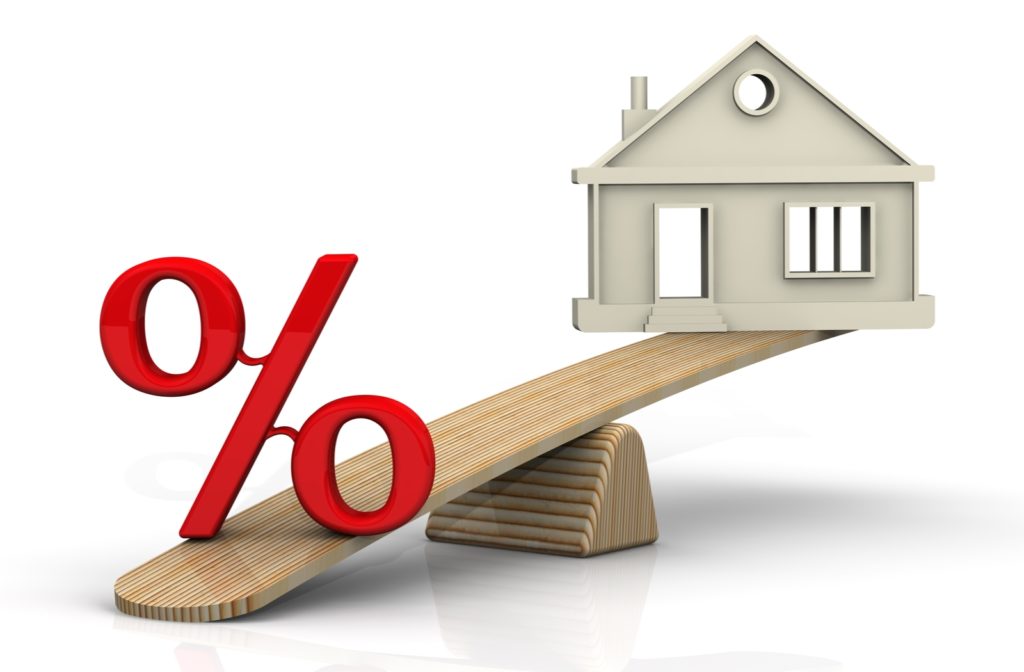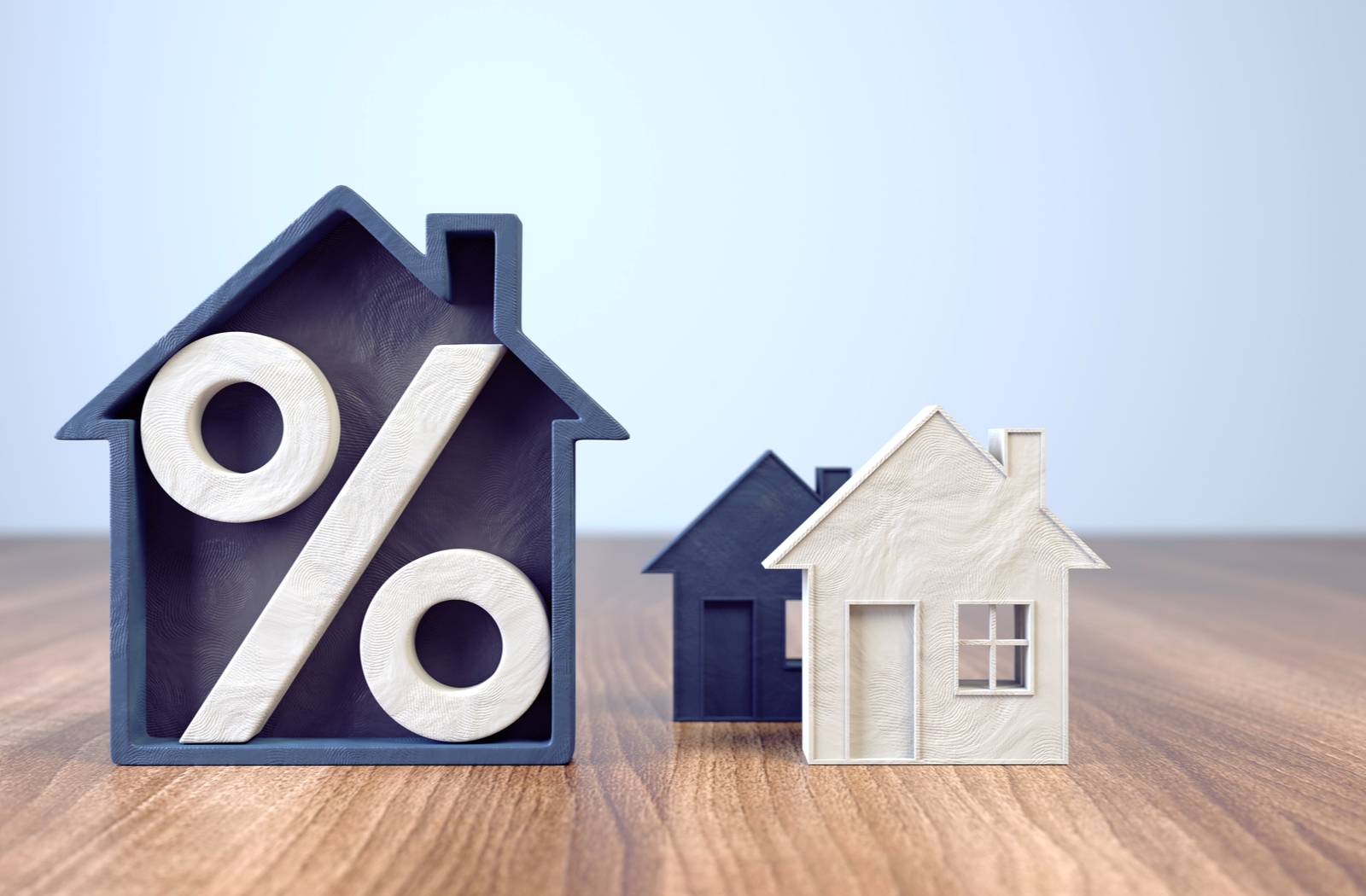If you’re looking to settle into a home, the buying process can seem complicated and difficult to understand. You need to consider your down payment, payment frequency, high or low ratio mortgage, and other factors. While your mortgage broker can help you, you must understand how mortgages work.
What is a high ratio mortgage? Continue reading to learn more about mortgages, including what a high ratio mortgage is and what you should know about them.
What Is a Mortgage?
Before getting into the heavy details, let’s start simple. What is a mortgage?
You typically can’t afford to pay off the entire cost of your new home—however, you can afford to pay a portion of it. This amount you can pay right away is your down payment for a mortgage. Your mortgage is a legal agreement between you and your chosen lender.
A mortgage is a secured loan, meaning it’s tied to property like a home or condo. There are certain conditions related to your mortgage, like payment frequency. If you don’t meet these conditions, your lender has the legal right to take your property from you.
While a mortgage is a loan, it has a few differences. With a mortgage you:
- Have a loan secured by a property
- May have a balance owed at the end of your contract
- May need to renew your contract multiple times as you finish paying your mortgage
- May have to meet qualification requirements
- May require a down payment
- May need to break your contract & pay a penalty
What You Should Know When Choosing a Mortgage
You have different options your mortgage broker will show you when looking for a mortgage. It’s important to understand these features—they can help you find the mortgage that best suits your needs.
These factors include:
Besides all of these terms, your mortgage can be either high or low ratio. There are some differences between these 2 mortgages.
What Is a High Ratio Mortgage?
You have a high ratio mortgage when your down payment is less than 20% of the total price of the home you buy. This ratio is the difference between the mortgage total and the cost of the house. The term for this is called loan-to-value ratio.
If you have a high ratio mortgage, you’ll need to pay for mortgage default insurance. In Canada there are three options for borrowers; Canada Mortgage and Housing Corporation (CMHC) which is a government agency as well as Sagen and Canada Guarany, which are private default mortgage insurance providers.
Default Mortgage Loan Insurance
The insurance providers help protect your lender if you can’t make your mortgage payments. This insurance allows Canadians the opportunity to afford a home without paying a larger down payment. You can get a mortgage for up to 95% of the cost of your house.
To qualify for default mortgage insurance, you must pay a minimum down payment for mortgage insurance. This amount depends on the purchase price of the property.
For example, homes of $500,000 or less require a minimum down payment of 5% of the total cost. A house between $500,000–1,000,000 needs a 5% down payment on the first $500,000 and a 10% payment on the remaining total. You’re not eligible for mortgage loan insurance if Your home costs over $1,000,000.
Now that you understand more about high ratio mortgages, how do they compare to low ratio mortgages?

Low Ratio Mortgages
A low ratio or conventional mortgage lends up to a maximum of 80% of the cost of the property. Your down payment is more than 20% of the purchase price. This higher initial payment lessens the cost of your mortgage, lowering your loan-to-value ratio.
Low vs. High Ratio Mortgages
Let’s use 2 examples to show the difference between a low and high ratio mortgage.
If the property price is $600,000 and you have a down payment of $60,000, your mortgage amount is $540,000. These numbers mean that your loan-to-value ratio is 90%, meaning you have a high ratio mortgage.
If you pay 25% ($150,000) of the property price ($600,000), your mortgage amount is $450,000. In this case, your loan-to-value ratio is 75%, and this is a low ratio mortgage.
This breakdown shows the initial difference between a low and high ratio mortgage, but they differ in more ways than one.
What You Should Know About High Ratio Mortgages
High ratio mortgages allow you to buy a home with a smaller down payment, but other factors affect them. You should know the following if you’re thinking about getting a high ratio mortgage:
Premium Costs
Your lender typically takes out your default insurance, but you have to pay premiums at the start of your mortgage. These premiums add to the total mortgage cost and depend on your loan-to-value ratio.
Amortization Period
You have up to 25 years to pay off an insured mortgage. Comparatively, you have up to 30 years to pay off an uninsured mortgage. The payments for an insured mortgage tend to be higher because of this difference.
Interest Rate
Insured mortgages are less risky than uninsured mortgages because your lender is safe if you cannot make payments. You typically receive a lower interest rate with a high ratio mortgage, but the cost of insurance premiums can mitigate these savings.
If you’re struggling to understand your mortgage costs, resources are available to you, like mortgage calculators. Better yet, you can speak to a professional, and they can help you on your homeownership journey. Contact your local expert if you’re interested in purchasing a new home.




